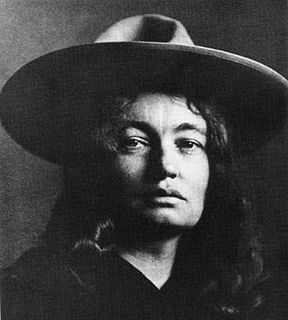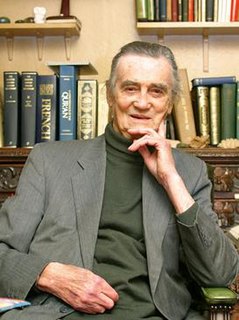A Quote by Mary Hunter Austin
Related Quotes
Destiny ... a word which means more than we can find any definitions for. It is a word which can have no meaning in a mechanical universe: if that which is wound up must run down, what destiny is there in that? Destiny is not necessitarianism, and it is not caprice: it is something essentially meaningful. Each man has his destiny, though some men are undoubtedly "men of destiny" in a sense in which most men are not.
Suddenly Yankel was overcome with a fear of dying, stronger than he felt when his parents passed of natural causes, stronger than when his only brother was killed in the flour mill or when his children died, stronger even than when he was a child and it first occurred to him that he must try to understand what it could mean not to be alive -- to be not in darkness, not in unfeeling -- to be not being, not to be.
Tragedy dramatizes human life as potentiality and fulfillment. Its virtual future, or Destiny, is therefore quite different from that created in comedy. Comic Destiny is Fortune - what the world will bring, and the man will take or miss, encounter or escape; tragic Destiny is what the man brings, and the world will demand of him. That is his Fate.
Certain mystical philosophers have personified Destiny, and from this point of view each man's personal destiny is his archetype or "other self"--his "angel"--with whom he must be reunited if he is to rise above his fragmentary identity as a worldling and become whole, as he is (and always has been) in the mind of God.
But if they are well-founded and just, they can be no less than the high requirements of heaven, addressed by the voice of God to the reason and understanding of man, concerning things deeply affecting his relations to his sovereign, and essential to the formation of his character and of course to his destiny, both for this life and for the life.





































